The world of certified translations has seen significant transformations over the years, evolving to meet the growing demands of globalization. As businesses and individuals increasingly interact across borders, the need for precise and reliable translations has never been greater. This evolution has been marked by notable trends and innovations, which are shaping the future of the industry.
One of the most significant trends in certified translations is the shift towards greater specialization. Today, translators are not just language experts; they are also specialists in particular fields such as legal, medical, technical, and financial translations. This specialization ensures that the translations are not only linguistically accurate but also contextually appropriate, adhering to industry-specific terminologies and standards. As a result, clients can expect translations that are tailored to the nuances and requirements of their specific sectors, ensuring compliance with relevant regulations and enhancing communication effectiveness.
Another key trend is the emphasis on quality assurance. Certified translation companies like Connected Translation have developed rigorous quality control processes to ensure the highest standards of accuracy and reliability. This often involves multiple stages of review, including peer reviews and proofreading by subject matter experts. Such meticulous attention to detail guarantees that the final translated documents are flawless and compliant with the required certification standards. By implementing stringent quality checks, these companies not only safeguard their reputation but also provide clients with peace of mind, knowing that their documents are in expert hands.
Innovation in translation tools and methodologies has also played a crucial role in the evolution of certified translations. Modern translation management systems (TMS) streamline the workflow, enabling better project management and faster turnaround times. These systems facilitate seamless collaboration between translators, editors, and clients, ensuring that the translations are delivered efficiently and meet the expected quality standards. Additionally, advancements in machine translation (MT) technologies, when combined with human expertise, have enhanced productivity and consistency, particularly for large-scale projects.
Despite the advancements in technology, professional human translation remains the cornerstone of accurate certified translations. Human translators bring a nuanced understanding of cultural and contextual subtleties that machines cannot replicate. Their expertise ensures that the translations convey the intended meaning and tone, which is particularly crucial for legal and official documents where precision is paramount. This human element is essential in maintaining the integrity and accuracy of the translation, especially when dealing with complex legal terminology or culturally sensitive content.
In conclusion, the certified translation industry continues to evolve, driven by trends such as specialization, quality assurance, and innovative tools. Companies like Connected Translation are at the forefront of these changes, offering reliable and high-quality translation services. As we move forward, the human touch in professional translation will remain essential, guaranteeing that every translated document is accurate, culturally appropriate, and meets certification standards. The combination of specialized expertise, rigorous quality controls, and cutting-edge technology will continue to define the future of certified translations, catering to the ever-growing demands of a globalized world.
Looking for CPA Services in Denver for your small business? for small businesses?
Contact GCK Accounting for personalized support!
Contact Us


